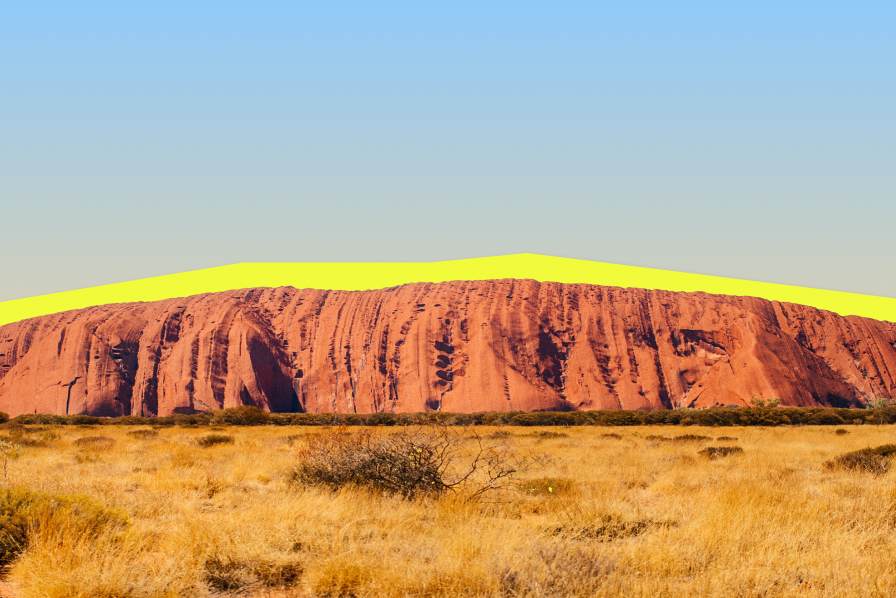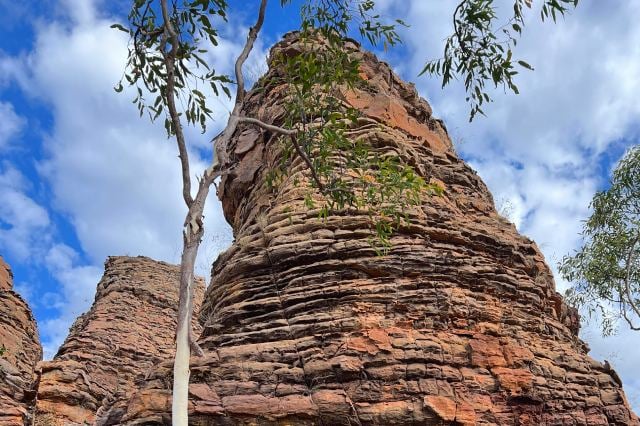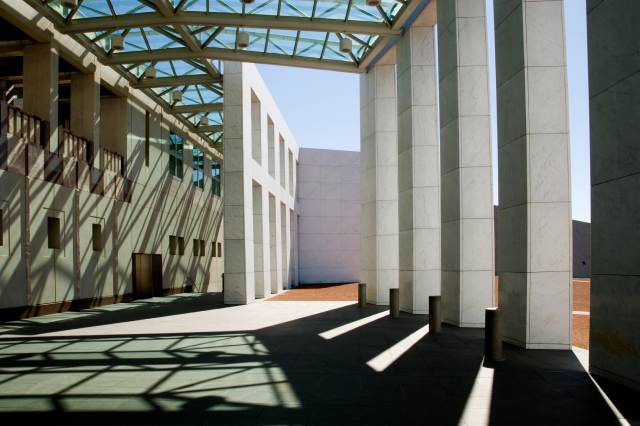Australia Day is more than 'just a day'
In recent years, celebrating Australia Day with barbeques, countdowns and festivals have given way to ‘Invasion Day’ protests and debates about what Australia Day truly means.
As the national conversation continues, we think it’s important to reflect on the ever-present reality of what the date signifies for Indigenous and Torres Strait Islander people.
Indigenous people have called Australia home for more than 60,000 years, being custodians of the world’s oldest continuous living culture. When the First Fleet arrived there were more than 500 Indigenous groups and about 750,000 people thriving in what we now call Australia. The colonisation of this land was done through force, displacing Indigenous communities from their ancestral homelands.
By the 1900s, the Indigenous population was estimated to have reduced by 90%.
In that context, it’s understandable that 26 January is not universally seen as a day of celebration within Aboriginal and Torres Strait Islander communities. As an inclusive and multicultural Australia, it doesn’t seem fitting that we celebrate our nation on a date that so many mourn.
26 January has been celebrated in varying forms throughout our colonised history but it wasn’t until 1994 that it became a national public holiday. Indigenous groups have been protesting the date for over 90 years. In 1888 when Henry Parkes – the premier of NSW at the time – was asked if there was anything planned for Aboriginal people on Australia Day he said: “And remind them that we have robbed them?”
We need a new date
We believe 26 January should be a day of learning, respect and reconciliation; a day we come together and reflect on our collective national history. Changing the date of our current Australia day celebrations provides an outlet for all Australians to come together and rejoice for everything good about our nation whilst being respectful and helping to break down colonially embedded stigmas around Aboriginal and Torres Strait Islander peoples.
Although we acknowledge that changing dates will by no means address or make up for the full detriment of non-Indigenous actions, nor will it solve the long term, ongoing impacts and complexities of colonialism, we do believe it’s a step in the right direction towards reconciliation.
We hope that soon Australia Day will be a celebration for all Australians, by all Australians, and one that embraces, or at least doesn’t neglect, Aboriginal and Torres Strait Islander peoples and cultures.
We're changing it ourselves
We joined Change It Ourselves, celebrating Australia Day on a different date.
We give our staff the option to work on the Australia Day public holiday each year– and take a day off at another time. We know that many of our staff will still choose to take the public holiday off to fit in with their family and friends’ plans.
We know this isn’t a solution, but we take it as a sign of solidarity with Aboriginal and Torres Strait Islander people. Indigenous people are diverse with different perspectives and views. We hope that a constructive conversation can continue, so we can find an inclusive day to celebrate Australia Day as a national day of celebration that includes everyone.



